Linda is the author of two books: Cherry Blossoms in Twilight: Memories of a Japanese Girl and Poems That Come to Mind: for those who love someone with dementia. In each of these books, she exposes a world often not seen and thus often misunderstood. With respectful regard, she shares stories that bring the reader into another way of seeing.
Given the current state of affairs in our troubled world and the fact that yesterday was the anniversary of the atomic bomb drop on Nagasaki, Linda's reflection on war is particularly timely.
I am honored to introduce you to Linda Austin.

My mother was a young girl growing up in Japan around the time of WWII. Most people outside of Japan have no idea what life was like for Japanese civilians caught up in the war. Few probably cared, because Japan was the enemy. The enemy deserves what it gets. But, complexity exists. “The enemy” is not an all-inclusive concept. Whose idea is war, and who then is forced to fight it, and who are the ones dying for it? They are not all the same.
My mother’s memoir started out as a project just for my family, to save all the stories she told my sister and I as kids. Stories similar to those of American children like us— hunting for tadpoles and lightning bugs, playing hide and seek in the dark, getting lost—but with a foreign twist. Then I wanted to include more of the Japanese culture of the time. Then my mom started telling war stories and I realized probably no other Americans knew anything about the Japanese people’s perspective of WWII. No mention of that in high school history classes, nor of the American civilian experience either. When I considered having the memoir published for educational purposes and began a lot of research, I was shocked to discover (in 2003!) that Japanese-Americans had been sent to internment camps during WWII.
Cherry Blossoms in Twilight was published for a public audience to show that war has a human perspective, something dry history books full of facts don’t mention. World peace may never happen, but I wanted to play a part in teaching empathy for those caught up in conflicts they never wanted. War is no video game or entertaining action movie to watch with popcorn, it is not just a lesson in strategies that worked or did not work. There are real people suffering for what their leaders do. Imagine the people in Iraq, Afghanistan, Palestine, Israel, and now the Ukraine. Imagine having your daughter kidnapped by Boko Haram.
And yes, war is very complex. Many times civilians—and drafted soldiers—are told what to do and think by brainwashing and controlled state media and by threat of bodily harm. Since Cherry Blossoms is a gently told story suitable for kids (it was published while my mother’s grandchildren were still school-age), I only hinted at some of that. War is hell, as my Korean War veteran friend likes to say. Let’s never treat it as something going on over there to those other people. Let’s never think “that country is bad.” That country is full of individuals who have a lot more in common with us than we may think.
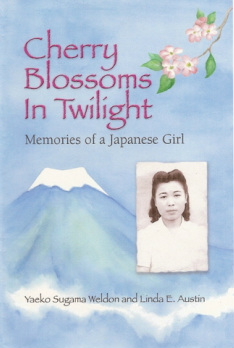
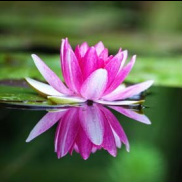
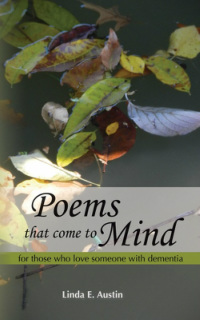
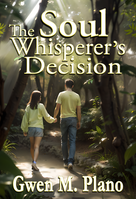
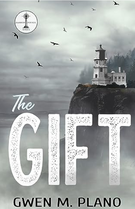
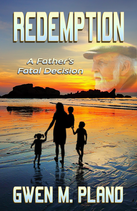
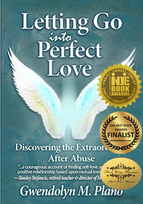
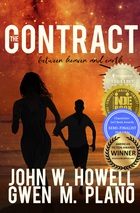
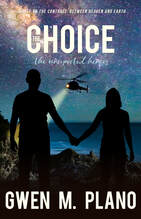
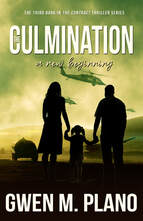
 RSS Feed
RSS Feed